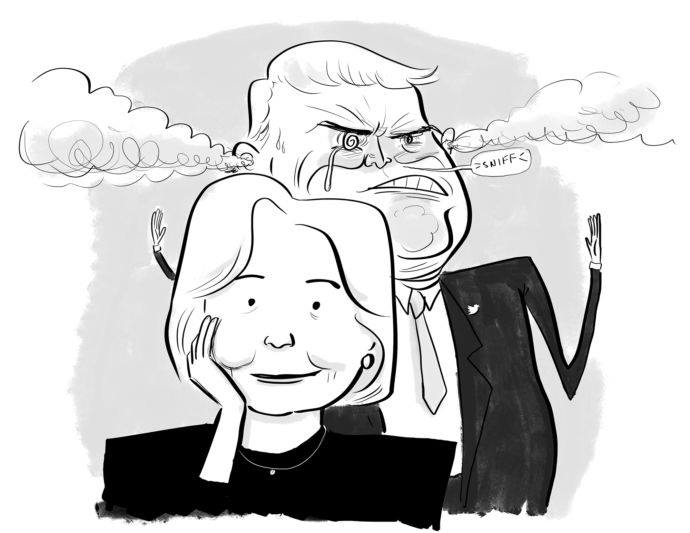In "Call me comrade … party requires members to resurrect Maoist term to signal equality: Outdated greeting seen by analysts as a distraction and unworkable in today’s world" (SCMP, 11/13/16), Sidney Leng writes:
A written guideline requiring Communist Party members to once again address each other as “comrade” is an outdated resurrection of Maoist rhetoric and unworkable in today’s world, analysts said.
In the latest guideline on cadres’ political conduct issued earlier this month, the Party brought back an old political etiquette that used to be closely associated with the country’s revolutionary period, when calling each other comrades created a sense of equality and closeness similar to that of siblings.
“All cadres should now greet each other as comrades within the Party,” the guideline states.
In modern times, however, such outdated greetings could lead to confusion, since the term comrade, or tongzhi in Chinese, is also used to refer to homosexuals.
Politically, analysts said, the revival of the term was just another sign of Xi’s continued push to centralise his authority.
Read the rest of this entry »


